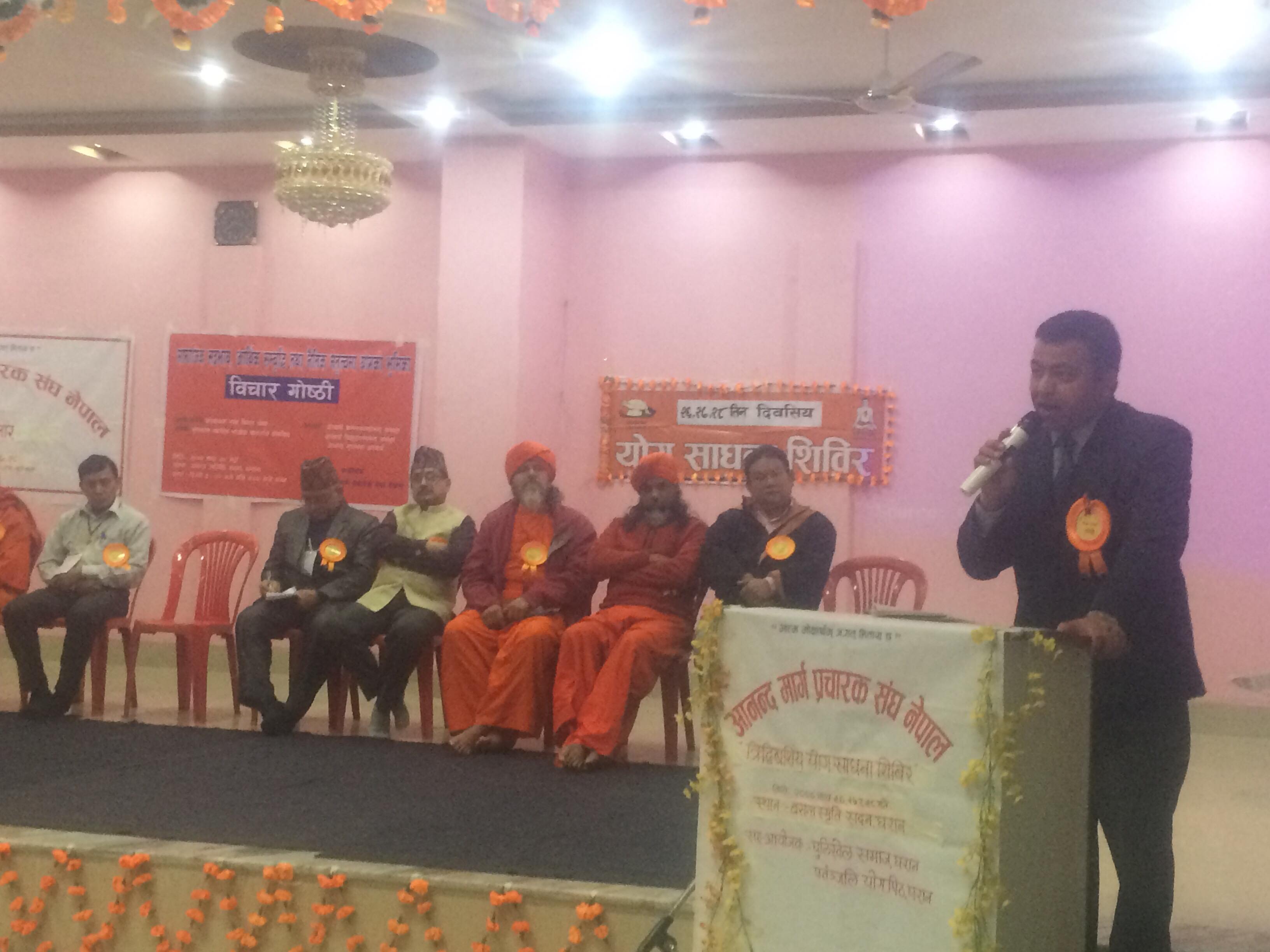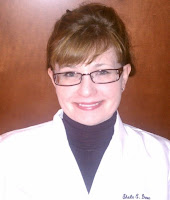By DR SHEILA E.DRNEC,
Medical Student, Des Moines University,USA
Thu, January 27, 2011 5:42:53 PM
Social Awareness Article
|
From: |
sheila specio <This email address is being protected from spambots. You need JavaScript enabled to view it.> |
|
|
To: |
This email address is being protected from spambots. You need JavaScript enabled to view it. |
|
| Hi Surya! Looking forward to seeing you next month! Best wishes, Sheila |
Here is my article and picture.Hope this is what you were looking for: --------------
Humanism in Medicine -
The Gold Humanism Honor Society
The recent events of my hometown, Tucson, Arizona, devastated the United States of America and made headlines around the world. Terrible events like this, unfortunately, occur nearly daily throughout the world. After the shooting, Representative Gabrielle Giffords was taken to the University of Arizona hospital. Among those treating her was Dr. Randall Friese, a trauma surgeon, who received the national recognition of the Gold Humanism Honor Society when he stated that the “most important thing I did was hold her hand.”
The Gold Humanism Honor Society (GHHS), founded by Drs. Arnold and Sandra Gold and colleagues in 1988 at Columbia University serves to “nurture and preserve the tradition of the caring physician.” Medical students, currently from 92 medical schools, Residents and Physicians are inducted annually into this Honor Society for maintaining a commitment to compassionate, respectful care of patients. According to the GHHS website, the Humanistic Doctor demonstrates an "I.E. C.A.R.E.S." attitude, behavior, and sensitivity to “the values, autonomy, cultural and ethnic backgrounds of others.” This acronym stands for:
“Integrity: the congruence between expressed values and behavior.
Excellence: clinical expertise.
Compassion: the awareness and acknowledgment of the suffering of another and the desire to relieve it.
Altruism: the capacity to put the needs and interests of another before your own.
Respect: the regard for the autonomy and values of another person.
Empathy: the ability to put oneself in another's situation, e.g., physician as patient.
Service: the sharing of one's talent, time and resources with those in need; giving beyond what is required.”
This approach to patient care means that the Health Care Provider, whether physician, nurse, technician, student, etc. attempts to really imagine what it would be like to be the patient they are treating. What would it be like to eat the food in the free ward while waiting for an operation, to have the packing removed from an abscess, or bandage removed from a burn, without anesthetic, to be the woman lying in the same position for hours on end. When we realize that we could be that person, that the tissues of our body are similar to the person in the free ward, we realize that we should treat everyone as we would treat ourselves. A simple, brief explanation of the procedure reassures the patient that you care about them, and have thought through the procedure, and perhaps that you have done it hundreds of times. Be honest about pain. Say to your patient, “This will hurt, but it is necessary to get you better. This is what I am going to do…and it will take this long.”
While sometimes it is necessary to temporarily hurt in order to help, it is important to listen to your patients when they are telling you that the pain is more than they can withstand. I was in a hospital after an accident and had a catheter in my right arm for five days with infusions of high dose antibiotics and heparin administered three times a day. By day five, I was in agony with what I now know wasphlebitis. I mentioned the pain on day four, but by day five, I had to absolutely insist on a different injection site. Back then, I was very shy, and felt bad about insisting, but the pain was too great. Now I am more educated and realize that it was okay for me to insist. The Centers for Disease Control and Prevention recommend short peripheral intravenous catheters be changed every 72 hours; however, this is not always feasible or necessary, according to a study published by C. Ruef in the journal “Infection” in 2004. Listen to your patients, both the verbal and non-verbal cues, such as wincing, and you will know if a catheter change is necessary. You must remember that your patients may also be too shy to ask for something, don’t want to bother you, or don’t feel worthy to ask. Your awareness of non-verbal cues can greatly improve patient care.
During that same stay in the hospital many years ago, I started to get bed sores from lying in the same position for so many days. The pressure-pain on my backside was actually worse than the broken bonesand torn ligaments in my legs. To ease the pain of a patient who is bed-ridden, make sure your patients, your loved ones and your friends are turned every two hours to avoid bed sores. Do not be fooled by the decubitus ulcer (bed sore). They are deep and deadly. Be sure to especially watch the heel of the foot and the sacal area of the back, mid-line just above the buttocks. Bed sores are a sign of neglect and most, if not all, are preventable.
To conclude, it is important to remember that each patient could be you, your mother, your child, your friend, etc. Treat every patient with the respect and compassion you would wish to receive. Remember that although your patients may not be as educated in the health field, they still deserve to know what is going on with their bodies, in terms that they can understand. You could hold a hand during a painful procedure, softly tell them to focus on a peaceful place while breathing in through their nose and out through their mouth. Be the calm, knowledgeable, skilled, reassuring Health Care Provider that will provide a better healing experience for everyone.
The GHHS is joining in an act of solidarity on February 14th, 2011, to honor Humanism in Medicine and Dr. Friese for his understanding of the importance of compassion.
Resources:
http://humanism-in-medicine.org/






